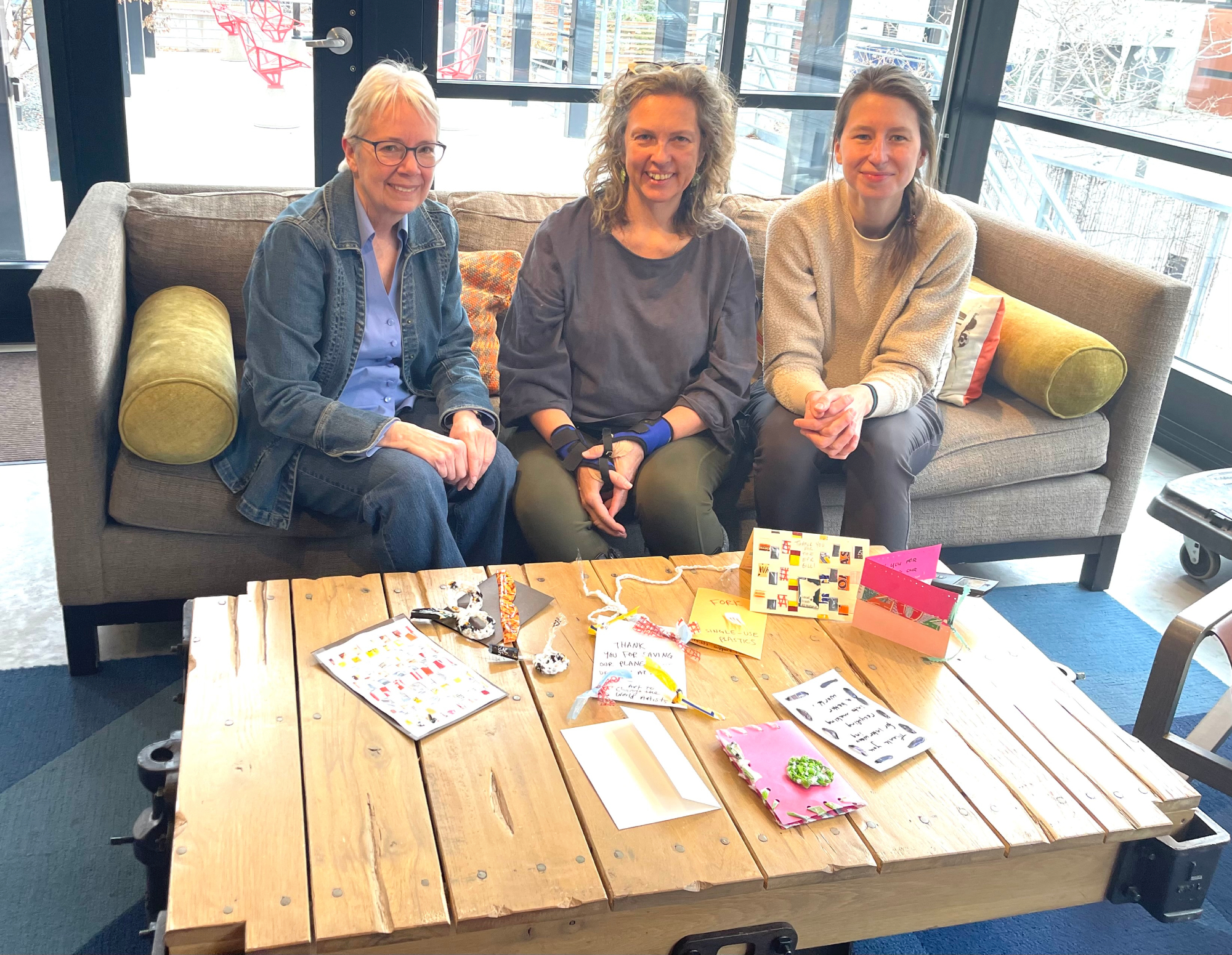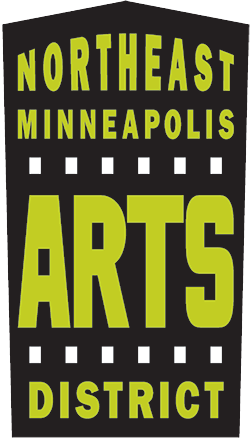Katherine Boyce has amplified environmentalist work by writing in these forums about artists exploring climate change and water. A painter herself, she earned a different kind of notice in February’s Plastic-Free Challenge, posting frequently about her discoveries. Ranking 7th among 1757 individuals who pledged a variety of actions to reduce single-use plastic, she also helped her Art to Change the World (ACW) Climate Team come in 10th place.

ACW Team Captain Becca David ranked 17th individually, and Margo Ashmore 23rd . “I’m not ordinarily very competitive, but seeing that our 9-member team is hanging in there with teams that are 4 to 20 times our size is gratifying.” Boyce said in an email to the team early on, a sentiment others echoed.
Most surprising and encouraging was the feedback from others who saw Facebook posts and started to see and regret the plastics they’re using and planning ways to cut back. Boyce learned to make her own pasta, yogurt, bread and snacks to avoid their packaging. But given the amount of time involved, she also questioned whether it really should be individuals’ responsibility or if producers should be made to stop using plastic.

The team sponsored one of the Challenge’s in-person events, using discarded plastic to make crafty thank-you cards for legislators working on solutions like Extended Producer Responsibility (EPR) for packaging and products. Richness of conversation during this activity convinced the group that they need to do more such events.
The problems with fossil-fuel-derived plastic are it never totally goes away, and much of what is recyclable doesn’t actually get recycled. In nature, especially water, plastic may break down, but into more insidiously harmful smaller pieces consumed by wildlife and eventually humans, not harmless compounds.
Other places that plastic shows up: Cosmetics, clothing, cleaners, tools, home improvement supplies, packaging of art supplies – all were topics of conversation the ACW Climate Team posted during the Challenge.
The challenge was sponsored locally by Hennepin, Ramsey and Washington counties with 53 presenting partners including (local to Northeast) Chowgirls, Art to Change the World, Eastside Food Co-op, Tare Market and Mississippi Watershed Management Organization.
—Article by Margo Ashmore
